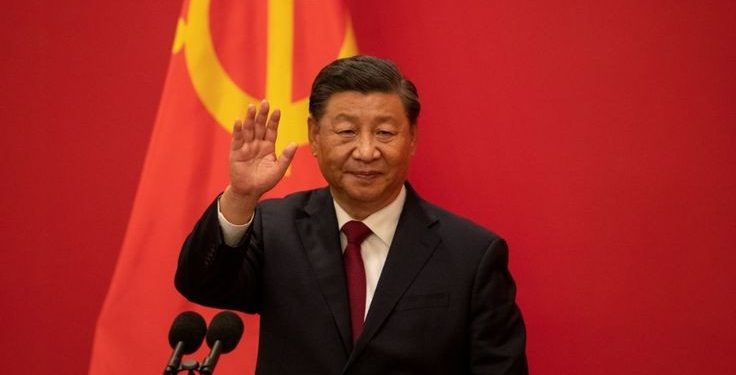Beijing announced an increase in tariffs on American goods from 84% to 125%, effective immediately. This move comes in direct response to the U.S. raising tariffs on Chinese imports to 145%.
Chinese President Xi Jinping emphasized the detrimental effects of such economic conflicts, stating that there are “no winners in a trade war.” He urged the European Union to collaborate with China in opposing what he termed America’s “bullying” tactics. During a meeting in Beijing with Spanish Prime Minister Pedro Sanchez, Xi highlighted the importance of China and the EU jointly opposing unilateral trade policies, particularly those imposed by the United States.
The newly imposed Chinese tariffs target a wide array of American products, including agricultural goods, automobiles, and energy products. Beijing’s strategy aims to exert pressure on key sectors of the U.S. economy, potentially influencing domestic political dynamics. In addition to tariff measures, China has initiated antitrust investigations into major U.S. corporations such as DuPont and Google, reduced imports of Hollywood films, and imposed export controls on strategic minerals.
China has also filed complaints with the World Trade Organization, accusing the U.S. of engaging in coercive and unilateral trade practices. The United Nations has expressed concern over the escalating trade tensions, warning of potential negative impacts on the global economy, particularly in developing countries.
The European Union finds itself in a complex position amid these escalating tensions. While the EU shares some concerns with the U.S. regarding China’s trade practices, it also faces tariffs from the U.S. and seeks to avoid being drawn into a prolonged trade conflict. Spanish Prime Minister Pedro Sanchez, during his visit to Beijing, advocated for a more balanced EU-China relationship and emphasized the need for dialogue to resolve trade disputes.
Economists warn that the escalating trade war could have significant global repercussions. KPMG has revised Australia’s 2025 GDP growth forecast down to 1.6%, citing slowed Chinese demand and tariff-related impacts, equating to a $6 billion economic hit. China’s leadership is reportedly planning economic stimulus measures to mitigate the impact of these escalating hostilities.




















































